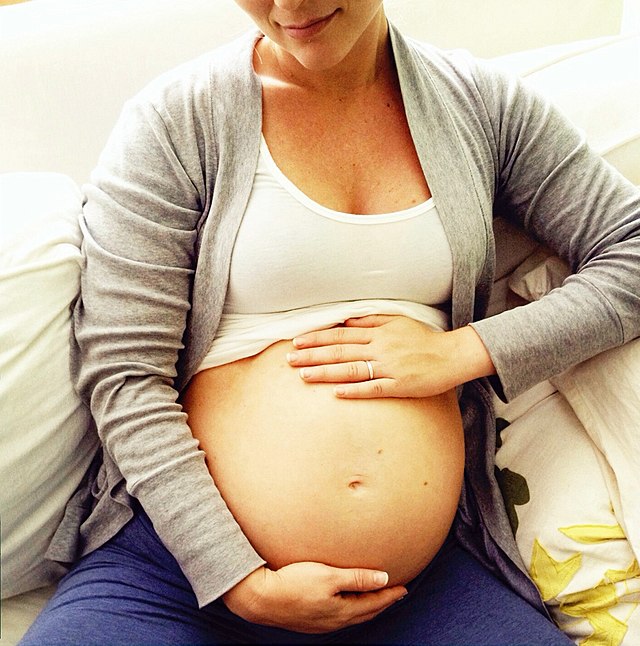When two hospitals in the Alabama counties of Shelby and Monroe close their maternity units by the end of this month–and a third one will follow by December–pregnant women may be forced to drive 100 miles while in labor or risk giving birth in the ER without any proper support system.
This is happening in one of the States with the highest maternal mortality rates, according to a study released in August by the Milken Institute and data from the Centers for Disease Control.
“If you show up with a very premature baby and deliver in the ER, and you don’t have a NICU and you don’t have an obstetrics team, things aren’t going to go well”, said to NBC news Dr. Jesanna Cooper, an OB-GYN who formerly worked at Princeton Baptist Medical Center, the Birmingham hospital that is shutting down its maternity services.
Consequences could be as devastating as Dr. Cooper anticipates. Living far from a hospital that offers obstetrics care can discourage patients from addressing health issues or seeking prenatal medical services, increasing the mortality risk. And even deciding to drive through the counties could be as lethal: some pregnant women would risk delivering their babies en route without any kind of medical assistance available to them if they postponed going to the hospital early in labor.
In general, Alabama is a maternity care desert: a third of the counties lack a birthing system, which means no obstetrics care, birth center or OB-GYNS certified nurse midwives. Sadly, it is not the only state experiencing the same problem; California, Idaho, Massachusetts and Tennessee are similarly challenged.
Nationally, only half of rural hospitals with labor and delivery services are left, according to the Center for Healthcare Quality and Payment Reform. The units’ shuttering are due mostly to staff shortages and lack of funds.












